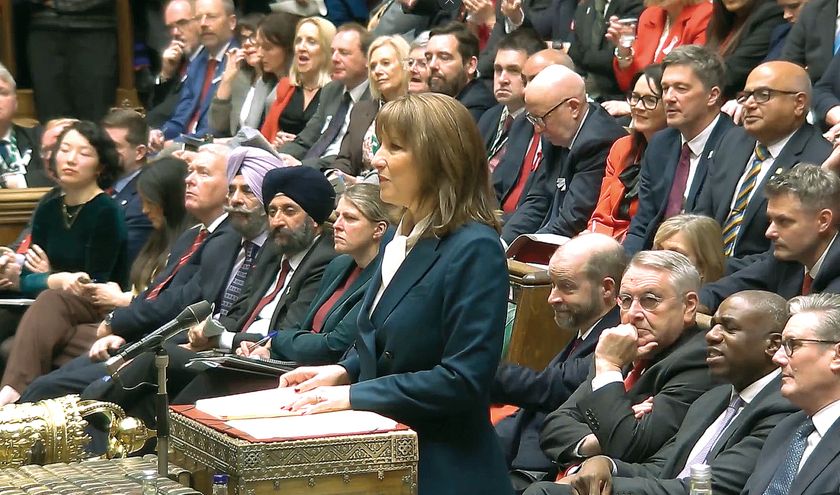The IPP said returning productivity to pre-pandemic levels would have freed up over £19bn in 2023/24, while increasing productivity by 2% could unlock £3.8bn a year.
Dr Annie Williamson, IPPR research fellow and a current NHS doctor, said: ‘After years of mounting pressures, the NHS is facing two major challenges: high levels of frustration among staff and low productivity which is taking a toll on patients.
‘By addressing these issues, we could unlock billions worth of better healthcare. More importantly, this would create a more efficient and sustainable health service, where staff voice is central to improving the quality of decisions throughout the NHS.'
The report argues giving workers a greater say, including new NHS staff boards, was key to boosting productivity and increasing retention.
It reveals 150,000 additional staff could have been retained between 2010 and 2023 if the leaver rate had been kept at the rate of 9.5% in 2009/10 instead of rising to 11.2%.
The IPPR argues that low productivity and poor staff retention reinforce each other as high staff turnover increases costs and impacts care delivery, while inefficiencies, such as outdated equipment, deepen staff dissatisfaction and lower productivity levels.
Low autonomy for NHS workers is a key underlying issue, the report finds, with decision making often lacking information and insights from frontline staff, leading to the wrong priorities and missed improvements.
The think-tank calls for reforms to incorporate staff voices in clinical service design and national policymaking including:
- empowering frontline staff by establishing channels for service improvement led by trust-level specialists, with protected time for all staff to participate
- setting up representative staff boards in each NHS trust to put forward ideas from the wider workforce and consult on all matters affecting staff wellbeing, with a duty on main NHS trust boards to consult them
- giving a staff voice in national workforce policy by reforming pay review bodies to include negotiation or embed a formal duty to consult with staff.
Health minister, Karin Smyth said: ‘Lord Darzi's report highlighted startling inefficiencies in the NHS, and that's why we are investing over £2bn in NHS technology and digital improvements to increase productivity so patients get more out of it for what taxpayers put in.
‘The new package of reforms announced last week will ensure every penny of extra investment into the NHS is well spent and cuts waiting times for patients and drives the health service to improve efficiency.
‘Our 10-Year Health Plan will also get more bang for taxpayers' buck and make the NHS fit for the future.'



